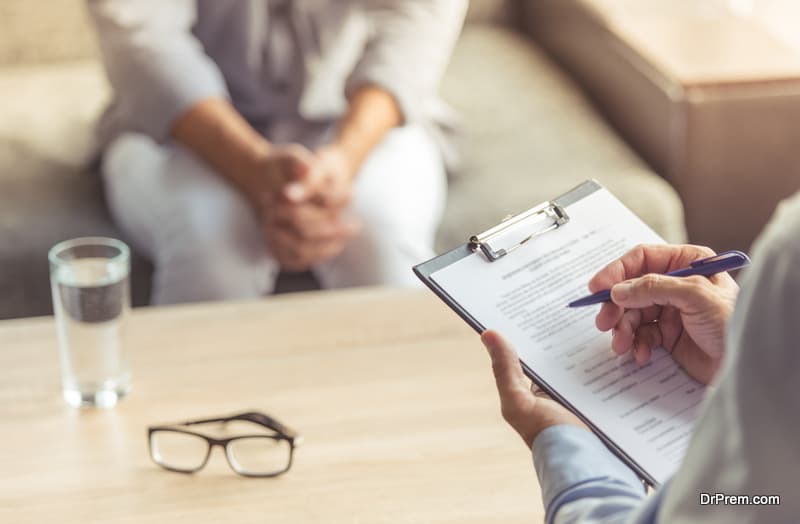If you think that a loved one is struggling with a mental illness, it can be difficult to determine exactly what is going on. Learning how to detect mental illnesses in your loved ones can be unsettling, but it can also be worthwhile.
If you are able to figure out that someone is struggling with a mental illness, then you can also help them on a path towards recovery. This article will outline how you can detect these mental health problems.
Detecting Mental Illness
There are a huge number of mental illnesses in the world, and as such, it can be hard to diagnose them all. In fact, according to the DSM-V, there are over 200 mental health disorders. While that may sound discouraging, there is hope in combating any one of these. However, make no mistake about it: dealing with a mental illness, even a mild one, will be a process.
The first thing that you should focus on is identifying what the underlying issue is. There are some signs and symptoms that could indicate that someone you care for is struggling with mental illness:
- Being confused all the time
- Being irritable
- Being unable to follow a train of thought
- Highs and lows (being happy one minute and sad the next)
- Mania
- Being withdrawn from social circles
- Being angry all the time
- Hallucinations
- Thoughts of suicide
- Drug addiction
- Having a hard time coping with simple activities
- Feeling fear
A full list of signs and symptoms can be found here. If your loved ones are experiencing any of the above symptoms, talk to them about it. This might not mean that they’re mentally ill – they could simply be sensitive or have unresolved issues. Whatever the case, opening an honest line of communication is key.
Helping Manage a Mental Illness
Once you’ve determined that your loved one is struggling with a mental illness, the best thing that you can do is get them professional help. Yes, self-care is critical as well, however, there should be no replacement to traditional therapy. That said, there are two main options available these days regarding seeking out the proper help:
Traditional therapy has been used for hundreds, if not thousands of years, to help people manage symptoms of mental illness. Therapy will encourage your loved one to open up about their problem, and the therapist that they talk to will help them better understand their own problems so that they can learn to work through them. You can find licensed therapists near you online on industry leading resources like Psychology Today.
Online therapy is another option that many people find more viable in the modern world. Unlike traditional counseling, online therapy can be accessed anywhere that you have an internet connection. This makes it appealing for people who are on the go or who otherwise might have a hard time accessing traditional therapy. More information about online therapy can be found on the E-counseling website.
Either type of therapy can be a viable tool for helping your loved ones learn more about themselves so they can identify any mental health problems and begin to work through them. If you detect a mental health illness, you should encourage your loved ones to seek help.
Article Submitted By Community Writer






